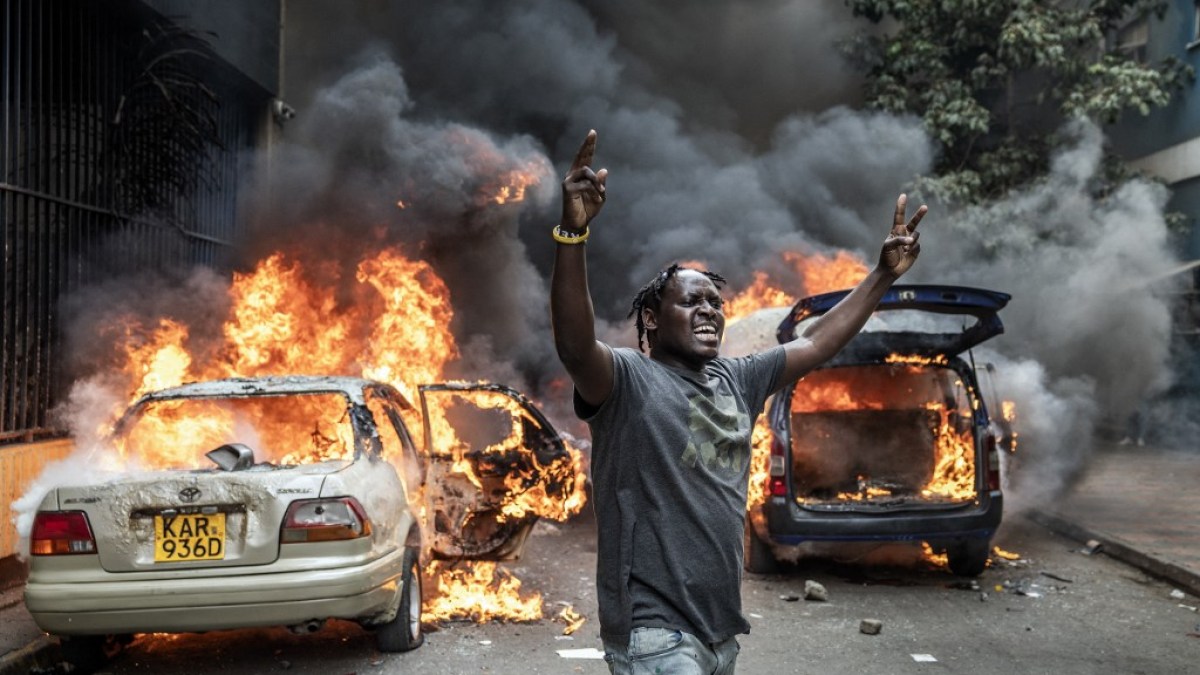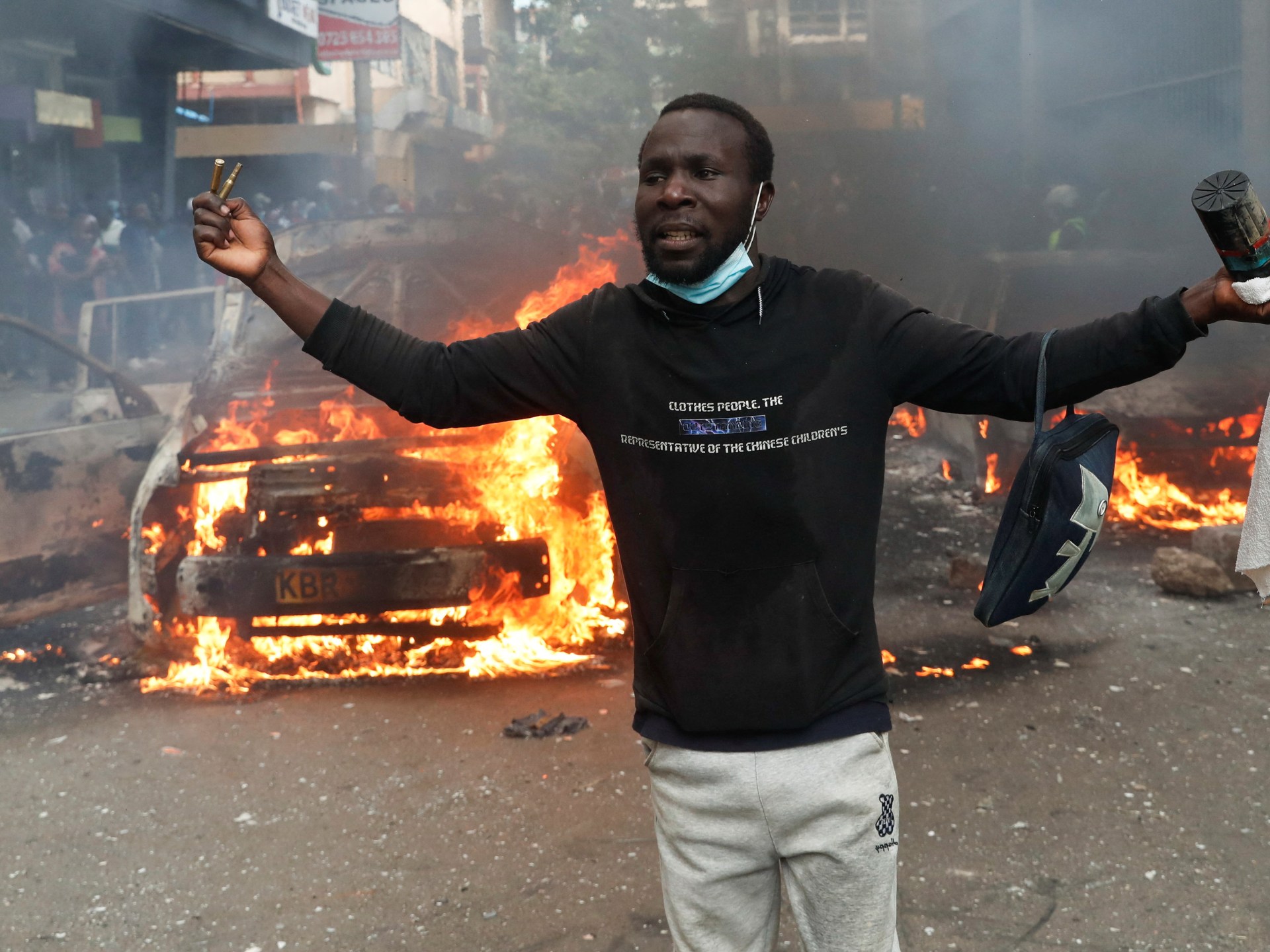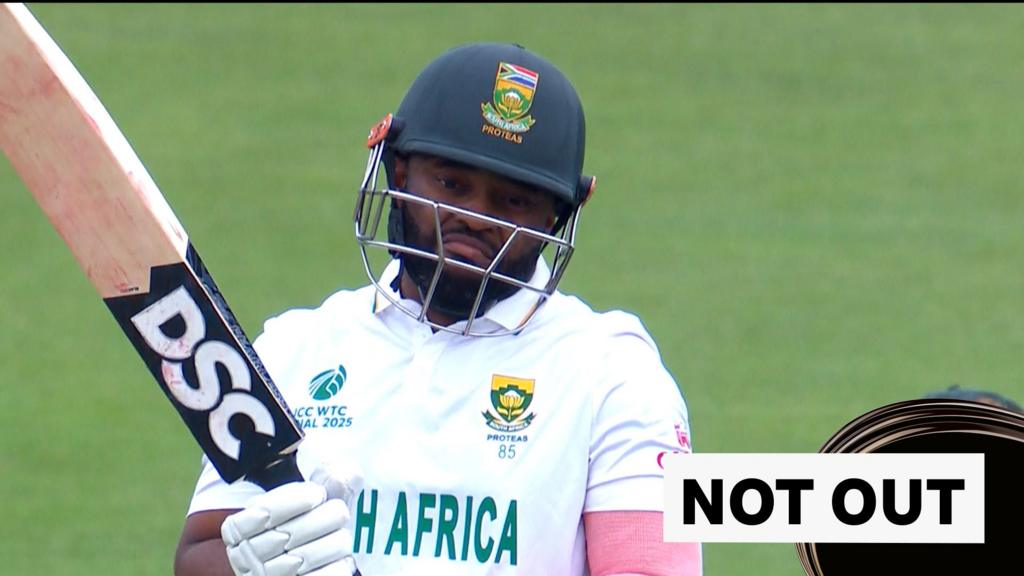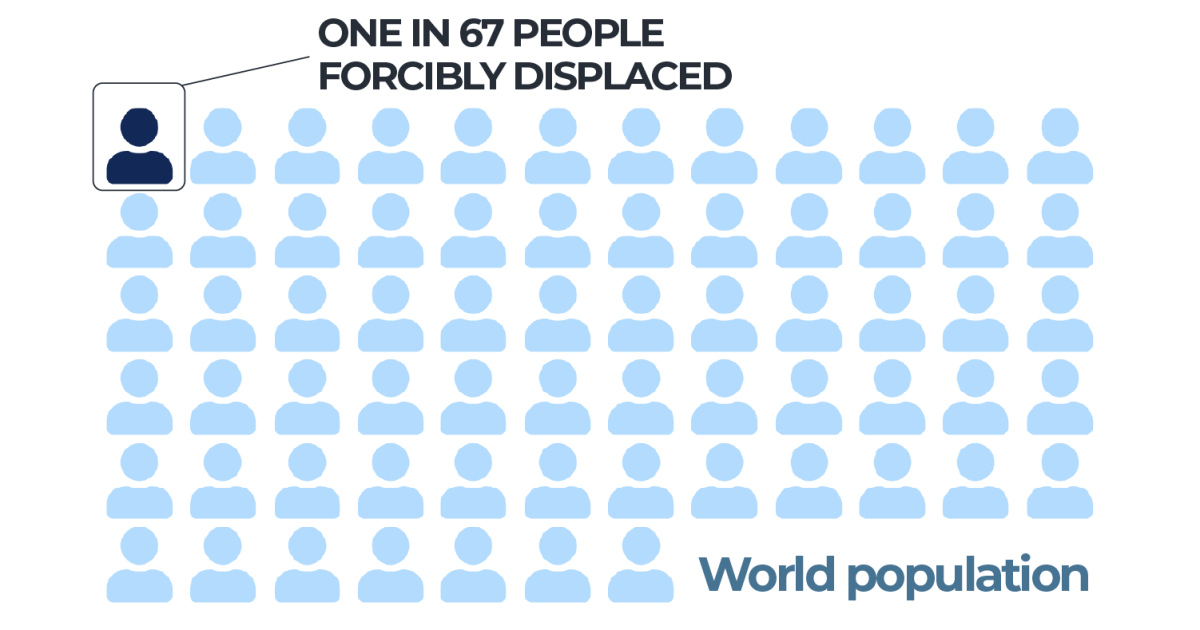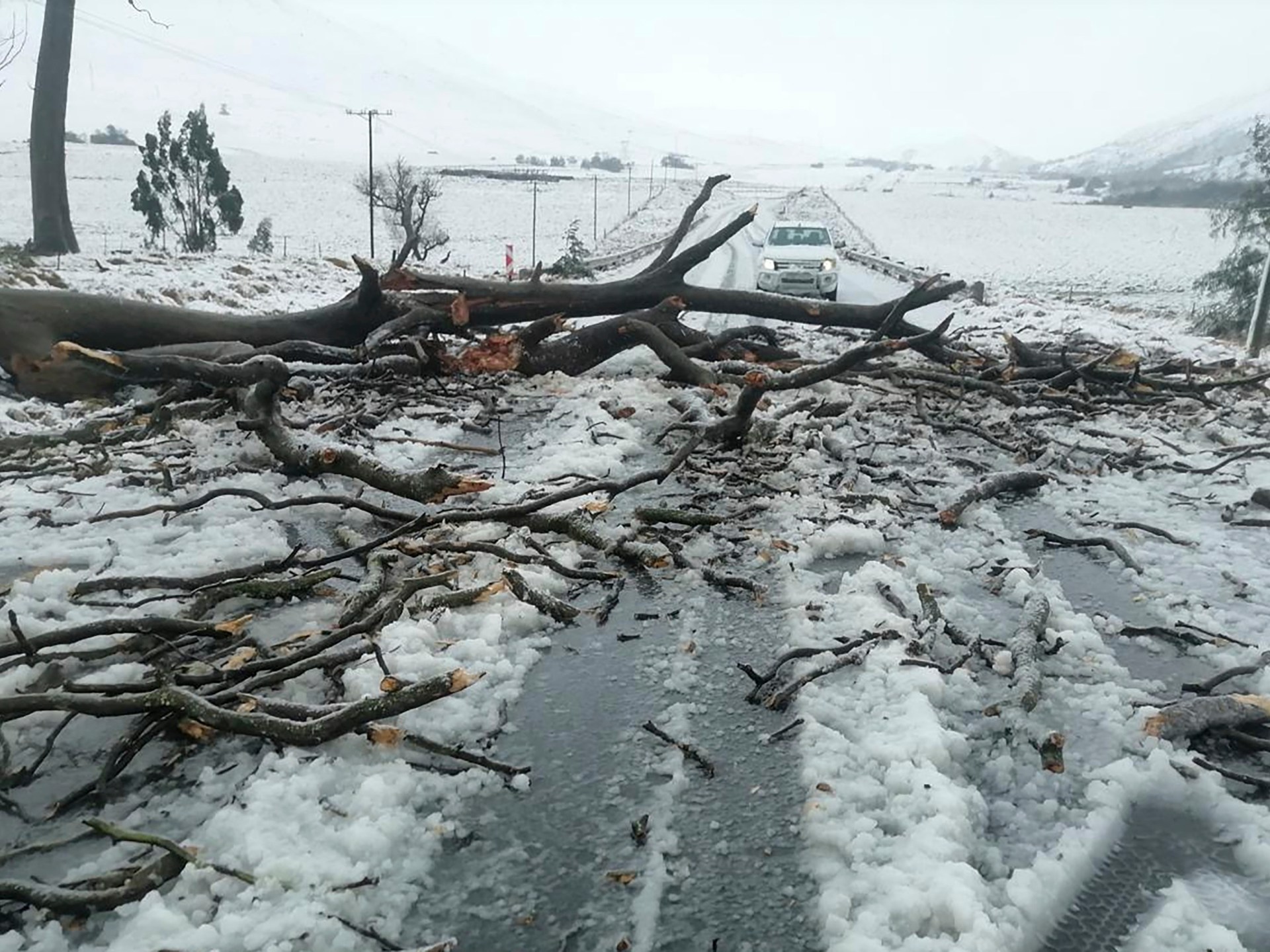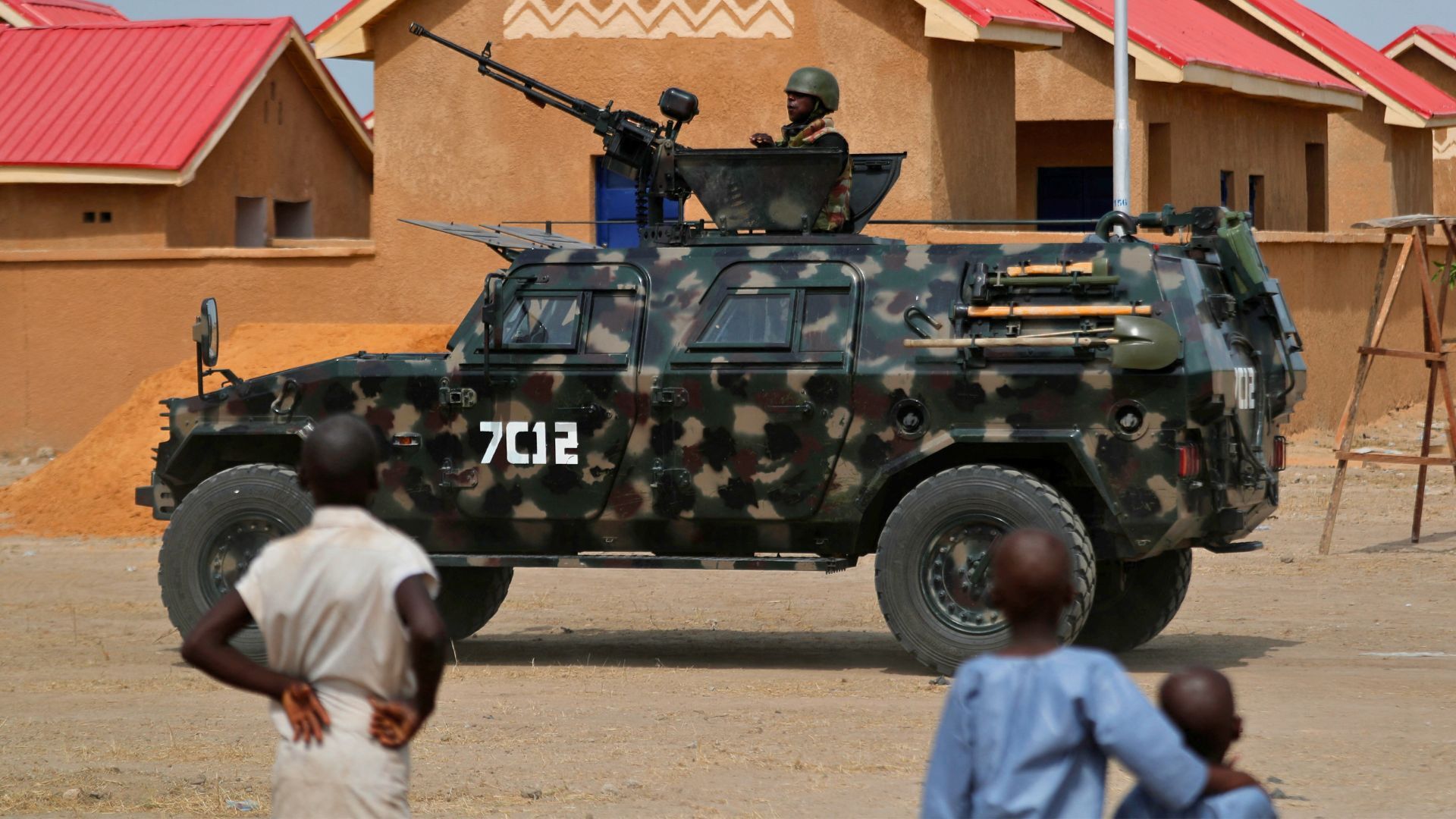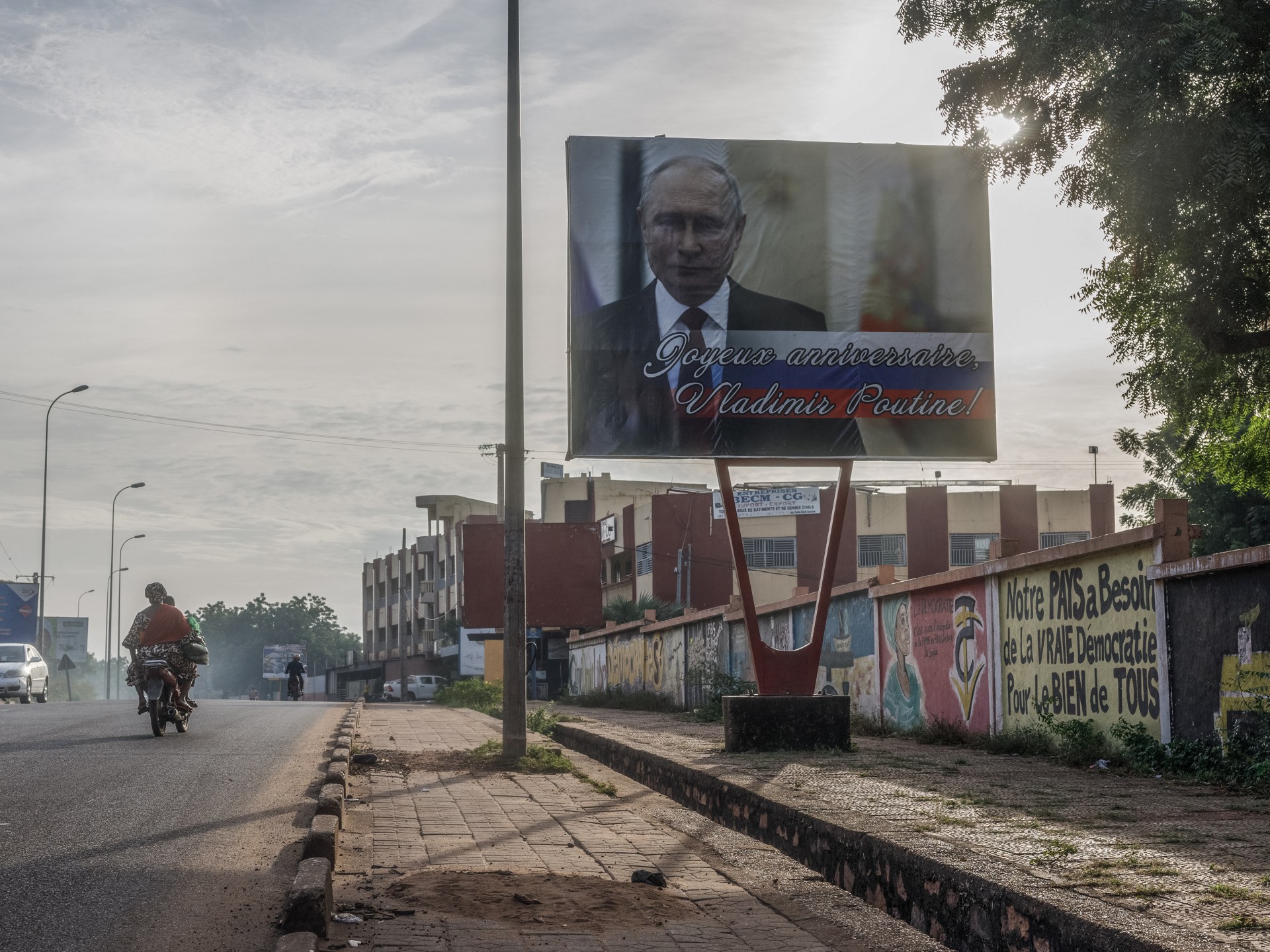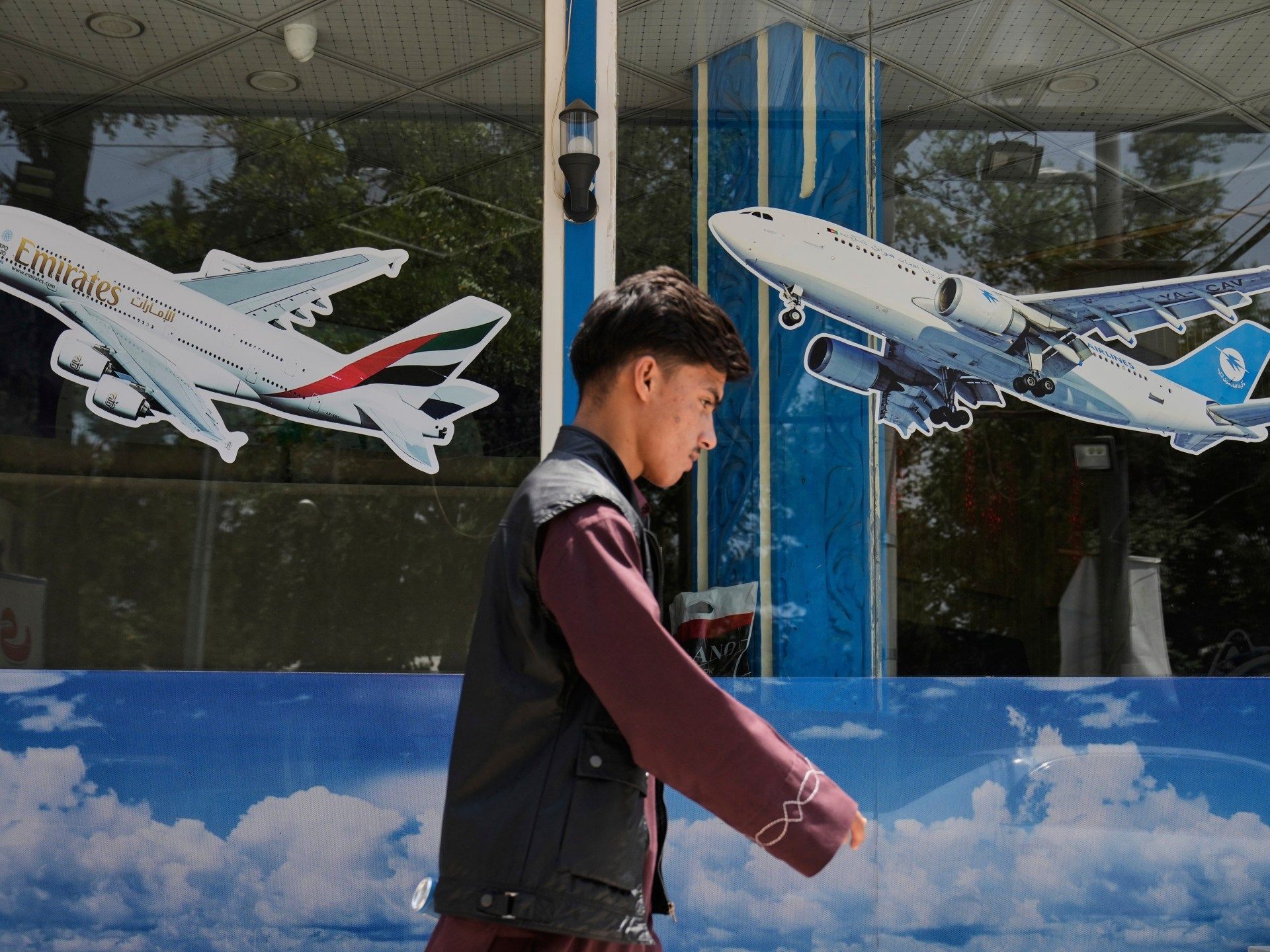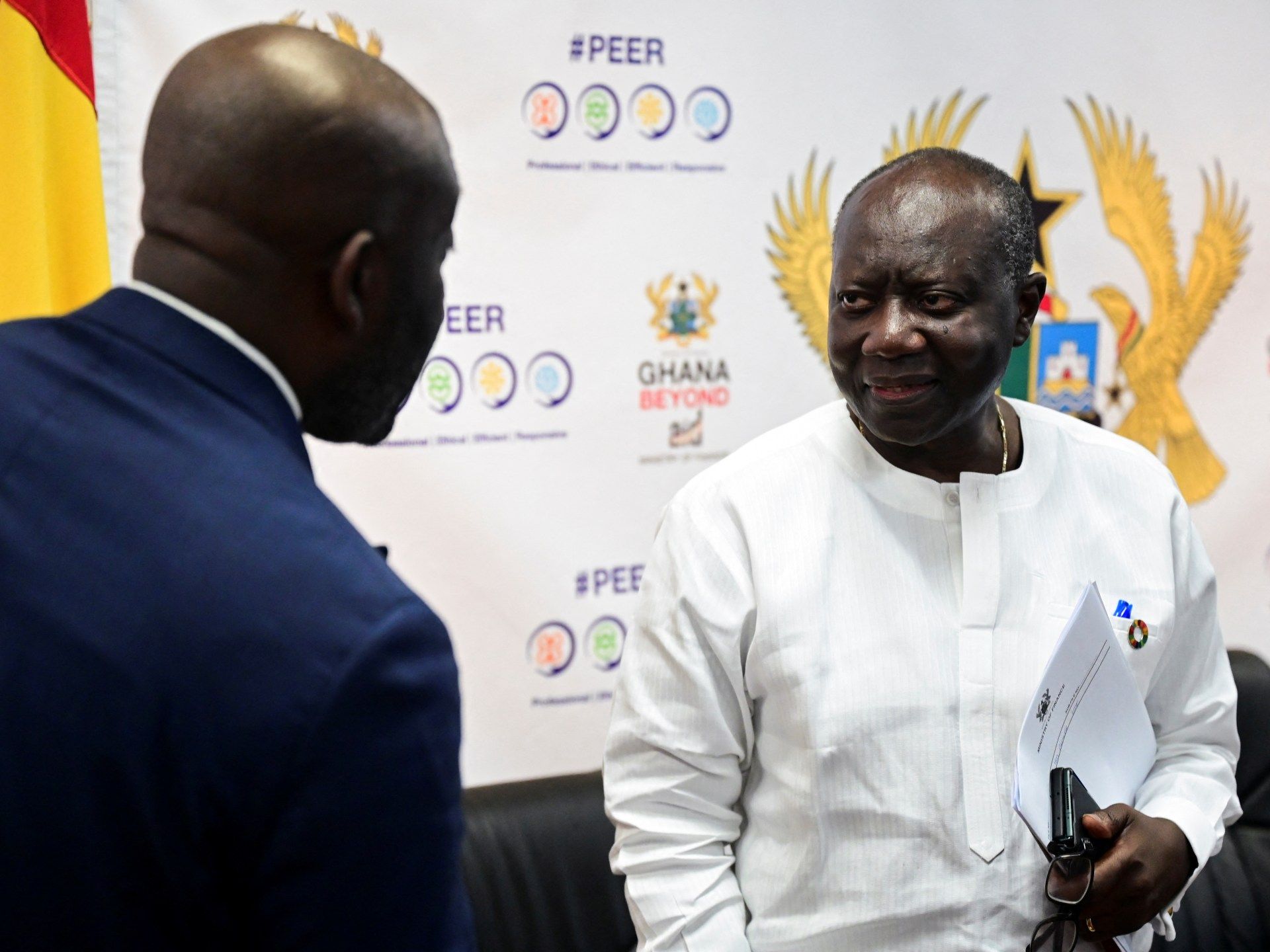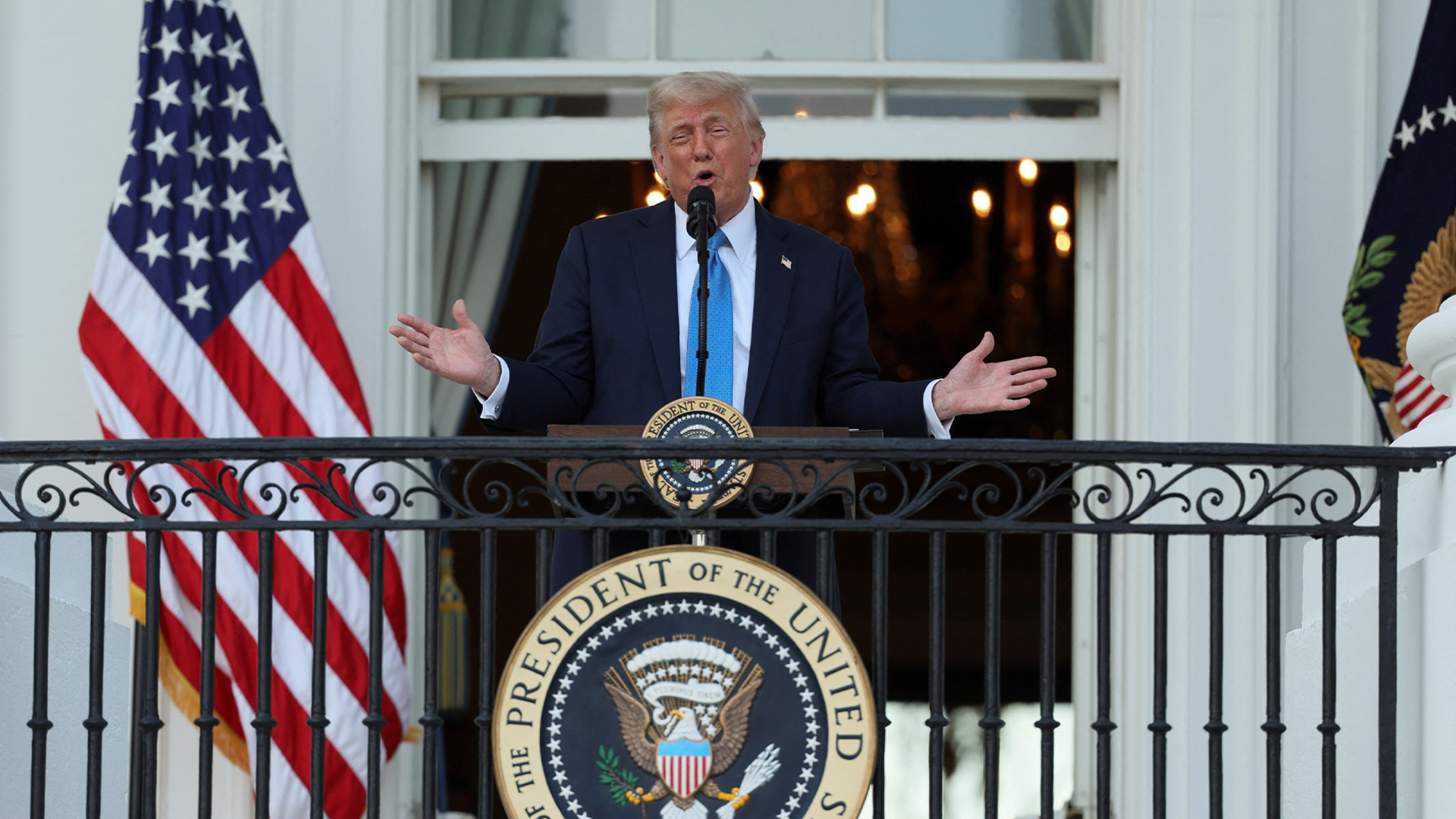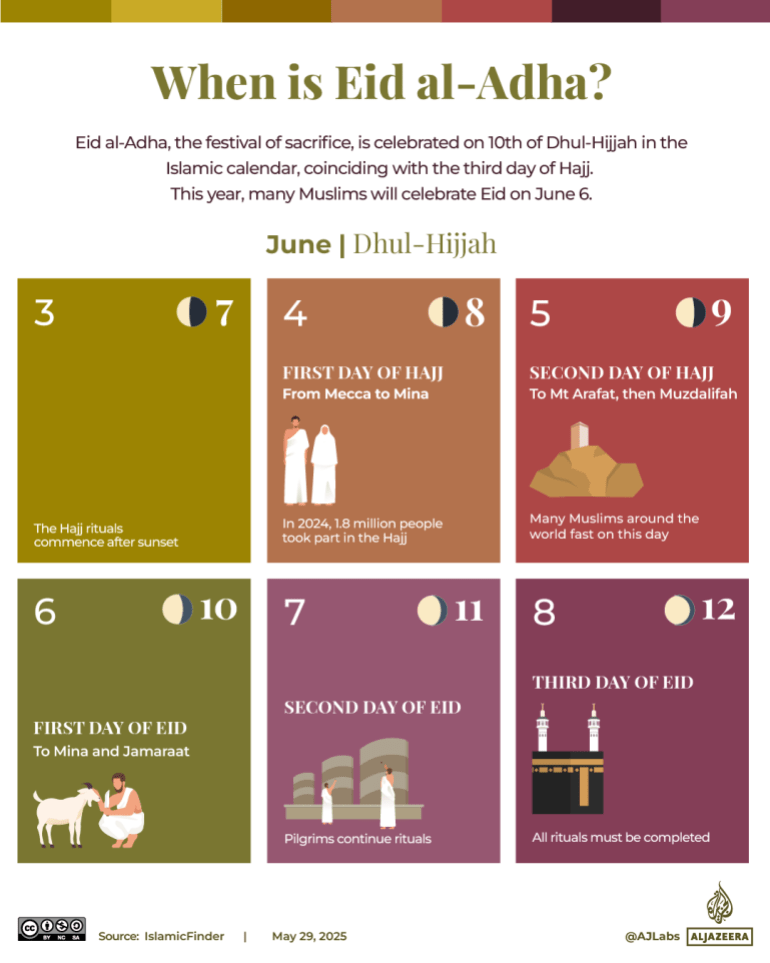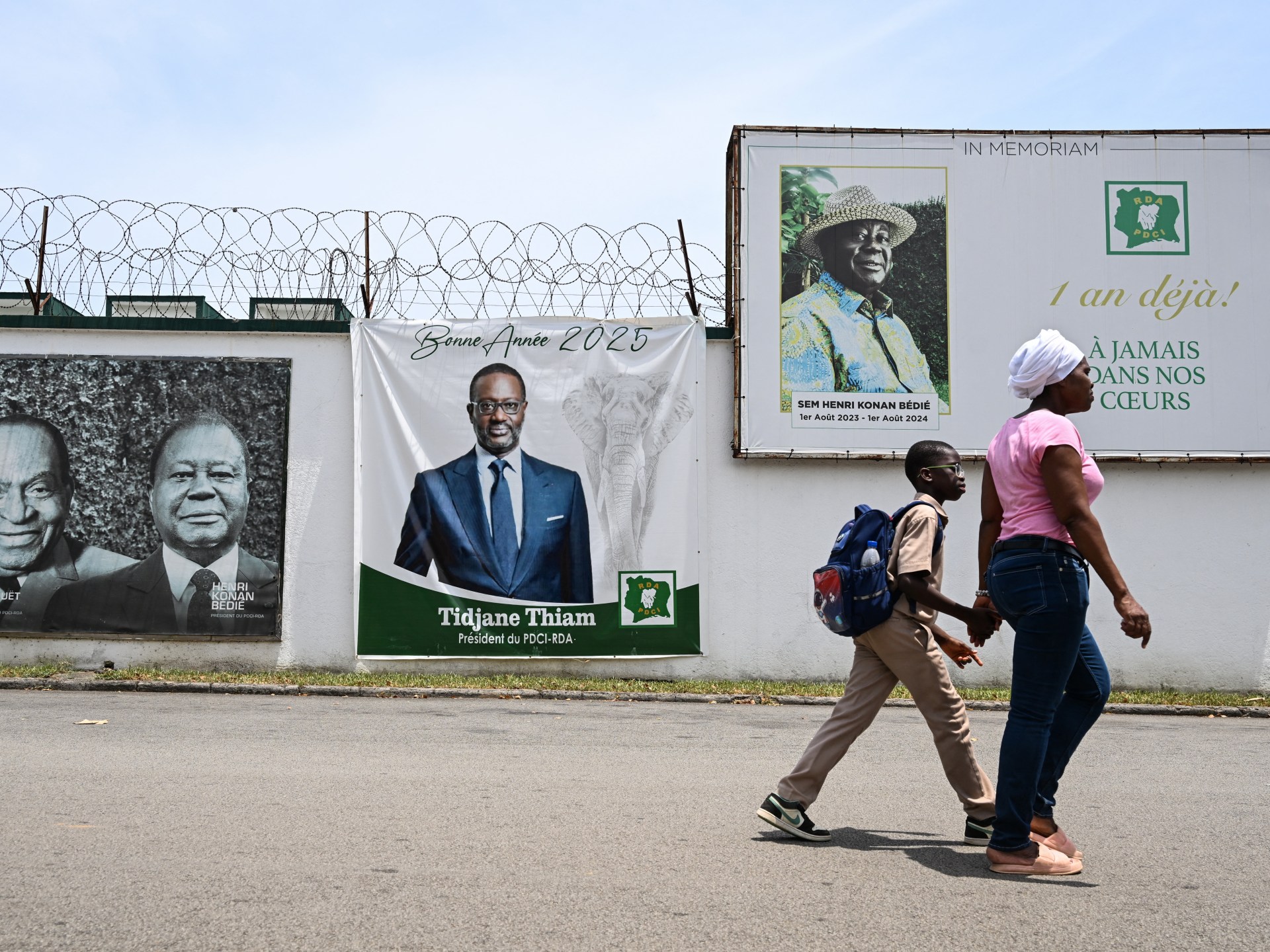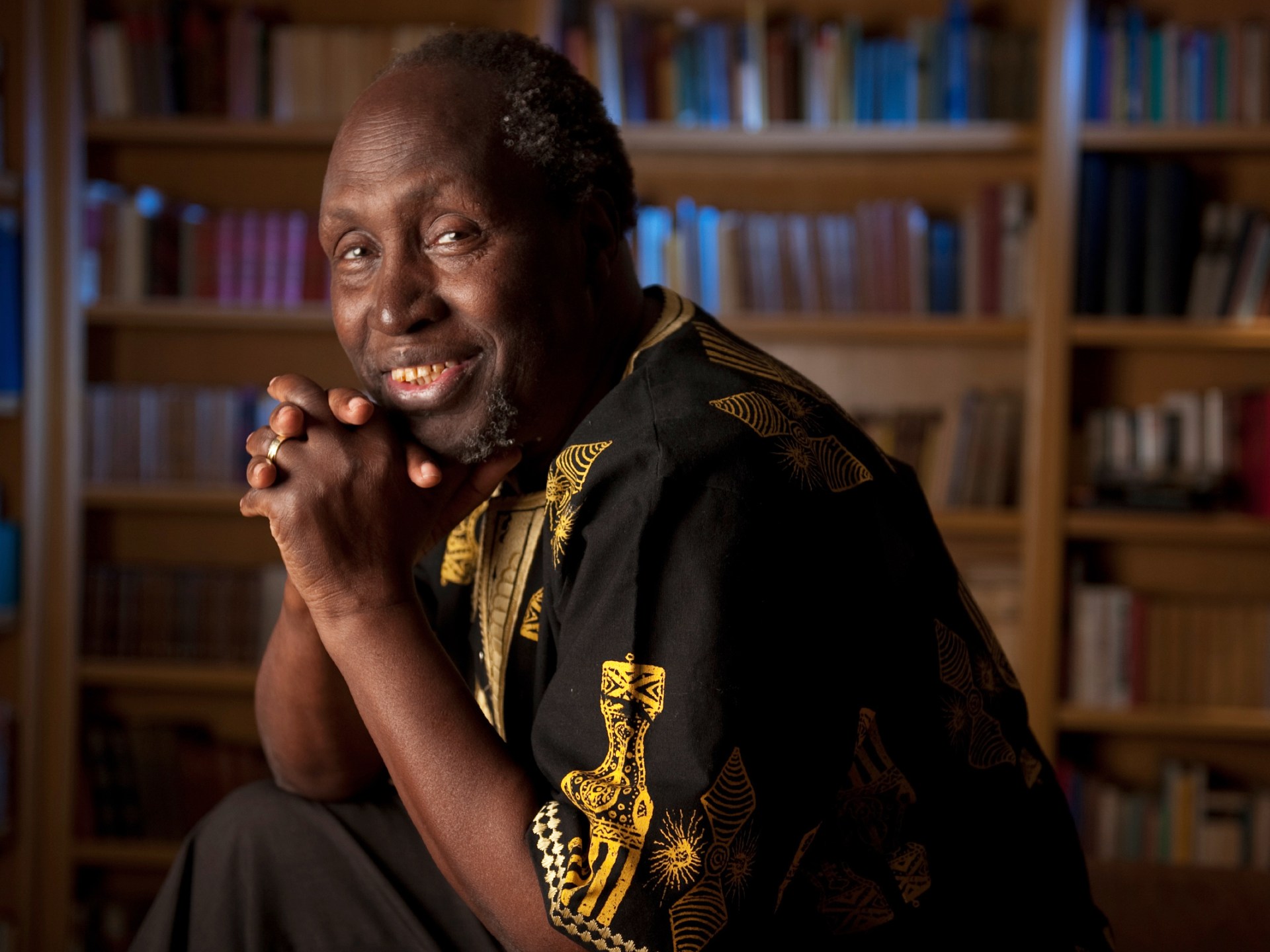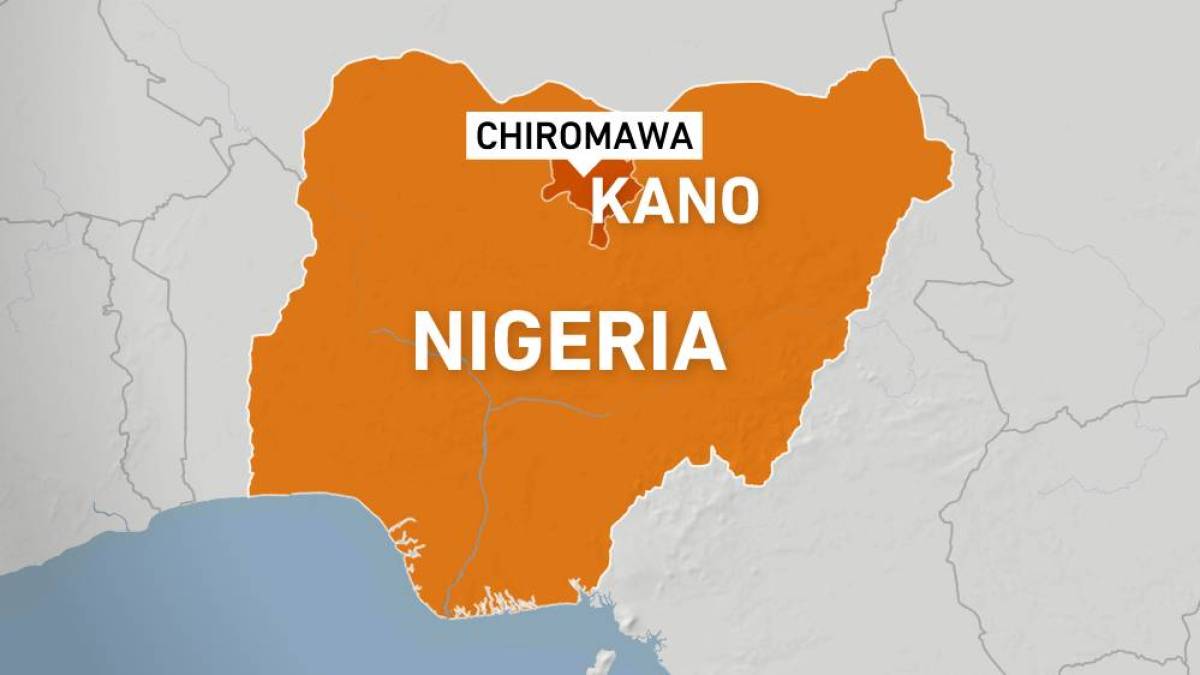Flash floods triggered by heavy rains have devastated a central Nigerian state, killing at least 150 people and displacing thousands since Thursday, and rescue workers say the toll could rise.
Search and rescue operations are ongoing as roads have been damaged and homes destroyed while bodies are believed to have been swept down the Niger River.
Here is what to know about the floods and how prone Nigeria is to such events.
What areas in Nigeria are flooding?
Flash floods hit Mokwa, a market town located in Nigeria’s north-central Niger State. It followed intense rainfall that began about 3am (02:00 GMT) on Thursday, according to the Nigerian Red Cross Society.
Mokwa is a key meeting and transit point for traders from the south and food growers in the north. It is about 350km (217 miles) by road east of Nigeria’s capital, Abuja. Mokwa has an estimated population of 400,000 while Niger is the country’s fourth largest state by size, covering more area than Belgium or Switzerland.
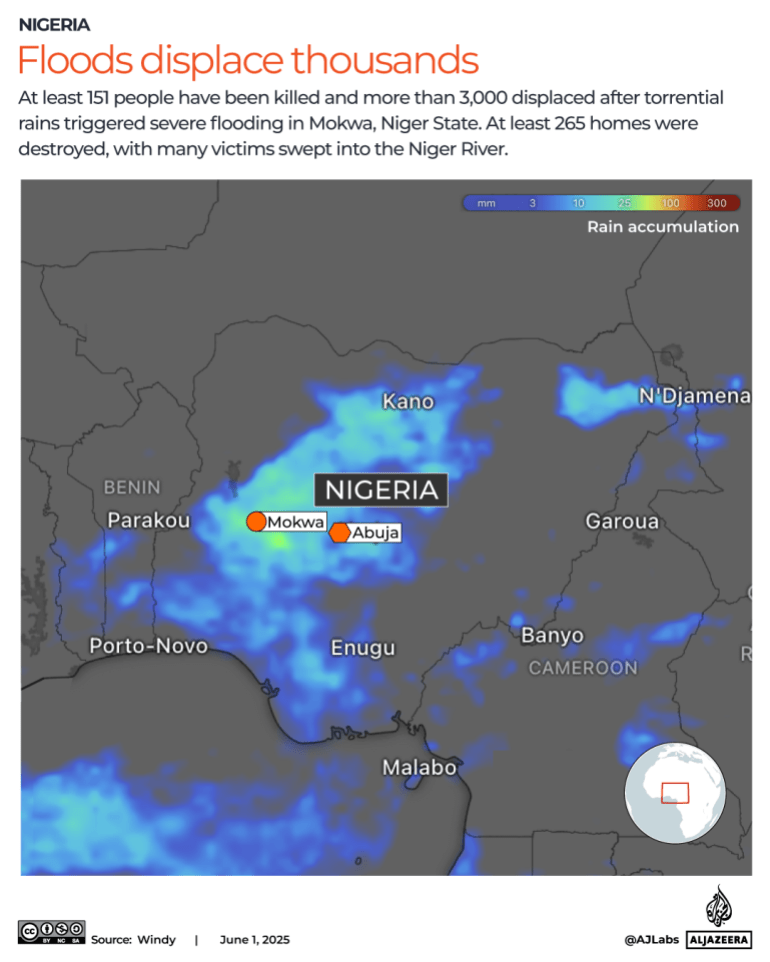
How many people have died?
More than 150 people have been confirmed killed while rescue teams continue to recover bodies and search for missing people.
The actual death toll is likely higher as many victims are believed to have been swept down the Niger River, Al Jazeera’s Ahmed Idris said, reporting from Mokwa.
“The usual thing is when an official tells you 151 are dead or missing, you are likely to multiply that by two, three or four,” he said.
At least 3,018 people have been displaced, 265 houses destroyed and two bridges washed away in the floods, according to Ibrahim Audu Husseini, a spokesman for the Niger State Emergency Management Agency.
Of those injured, 121 were in hospital, and more than 100 people were missing, Gideon Adamu, head of the Red Cross in Niger State, told the AFP news agency on Saturday.
“We can’t give up the search as long as there are families crying out,” Adamu said.
Farida Auwalu, the lone survivor from a family of 16, lost seven children in the deluge. The bodies of four of Farida’s children have been found and buried.
“My hope is to see the remaining bodies and give them a decent burial and have closure,” she told Al Jazeera.
What caused the flooding in Nigeria?
Experts said the frequency and severity of floods in Nigeria have increased due to climate change, unregulated construction and poor drainage infrastructure.
Mokwa residents also believe the flooding was caused by “a bigger problem upstream, maybe a dam burst, but up to now, officials are not confirming that”, Idris said. Niger State has three major dams – Kainji, Jebba and Shiroro – while a fourth is under construction.
Despite flood risks being identified, there has been a lack of political will to implement the solutions for them, according to Ugonna Nkwunonwo, a flood risk analyst at the University of Nigeria. “The amount of rain you expect in a year could probably come in one or two months, and people are not prepared for that kind of rainfall,” he told Al Jazeera.
Many areas in the country lack proper drainage systems, and existing ones are often clogged with waste, causing water to accumulate on the streets during heavy rains. Additionally, rapid urban development without proper planning has led to the construction of buildings in flood-prone areas, reducing the land’s natural ability to absorb water. Deforestation for agriculture and development further reduces the land’s capacity to soak up rainfall, increasing the flow of water over the land.
Local leaders and residents are calling for state and federal authorities to intervene with long-term support and infrastructure to rebuild their communities and protect them from flooding.
“Warnings have been put out by authorities for people exposed or communities living along river banks to move to higher ground, especially when the rains start to peak, but every year, we continue to see more and more lives and property damaged because of rainfall,” Idris said.
How are authorities responding?
Emergency services – including the National Emergency Management Agency (NEMA), the Niger State Emergency Management Agency, the Nigerian Red Cross and local volunteers – are engaged in search and rescue operations.
President Bola Tinubu has also ordered an emergency response, including the provision of aid and temporary shelter.
“Search-and-rescue operations are ongoing, and all relevant federal agencies have been mobilised to support the state government’s efforts,” Tinubu wrote in a social media post on Saturday.
However, damaged roads and bridges have complicated rescue and recovery efforts.
Some flood survivors are struggling to get basic aid. “No one brought any money or food to help the victims. As you can see, many don’t have a place to sleep,” Hassan Umar told Al Jazeera in Mokwa.
A key bridge that connects the northern and southwestern parts of the country collapsed, leaving motorists stranded and disrupting movement of vehicles across the region.
What was the most recent natural disaster in Nigeria?
In September, severe flooding in the northwestern city of Maiduguri in Borno State submerged two-thirds of the city, killed at least 30 people and displaced nearly half a million.
More than 200 inmates also escaped from a flood-damaged prison. The disaster was triggered by weeks of intense rainfall and the collapse of the Alau dam in northeastern Nigeria.
Across the country in 2024, flooding killed more than 1,200 people and displaced 1.2 million in at least 31 of 36 states, according to NEMA.
Which states in Nigeria are prone to flooding?
The Nigerian Meteorological Agency has warned of possible flash floods in 15 of Nigeria’s 36 states, including Niger, from Wednesday to Friday.
In the south, low-lying states like Bayelsa, Rivers and Delta in the Niger Delta region experience frequent flooding due to their coastal locations. In the north, Kogi, Benue and Borno states are also prone to floods because they are on major rivers.
The country’s rainy season typically begins in April to mid-May and lasts through October while August is the wettest month. Heavy rainfall during this period causes problems every year because it destroys infrastructure and is exacerbated by inadequate drainage.
Although flooding is common during Nigeria’s rainy season, now is not the peak of the rains, Idris said. “In some states, the rains have only been there for a month, and yet we’re seeing this.”
